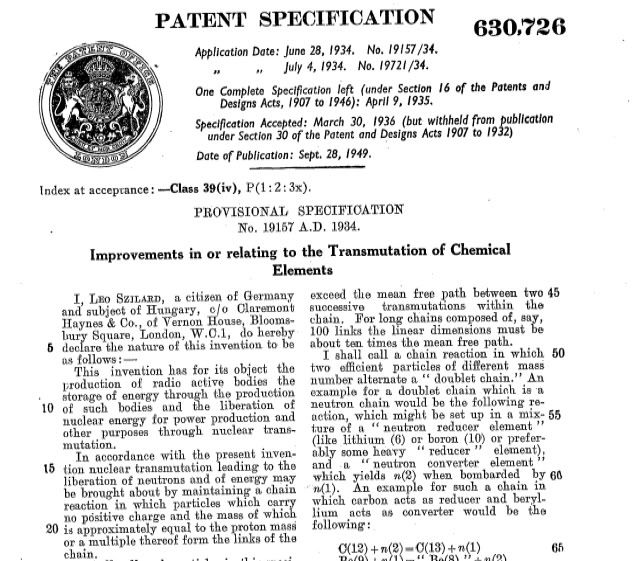D Tibbets wrote:I disagree. The evolution towards powered flight had a long and convoluted history. Gliders and lighter than air aircraft, of course, were present for decades. Various efforts were made to try to power these gliders. The prevailing consensus was that it was impossible. In large part it was the Wright brother's work with a wind tunnel (unique, I believe), and their critical study of propellers that lead to their breakthrough. It wasn't the engine per say that was the problem. It was the aerodynamically inefficient propellers. Surely someone else would have arrived there eventually, but they were first.Diogenes wrote:I actually think it was a German who invented the Airplane first. It was just the Wright brothers who pushed it into an industry.Ivy Matt wrote: The airplane, perhaps?
I recall reading years ago of a German Aristocrat that was towing a glider behind a powered boat on a lake, and had basically worked out all the necessary details for flight. If I recall properly, he was attempting to fit it with an engine so that it could fly by itself, but when the engine arrived, it was far too heavy for the aircraft. Apparently someone had misread his specifications at the factory where the engine was manufactured.
Dan Tibbets
Just relating what I have read. The article stated that had the engine been within specs, the powered glider design would have worked. I'm thinking that towing a glider behind a boat is an excellent way of working out design problems. I'm thinking that if the powered flight problem was worked out, the control system and more efficient propellers would be obvious descendant enhancements.
Anyway, while researching it, I ran across this link to people who supposedly achieved powered flight prior to the Wright brothers.
